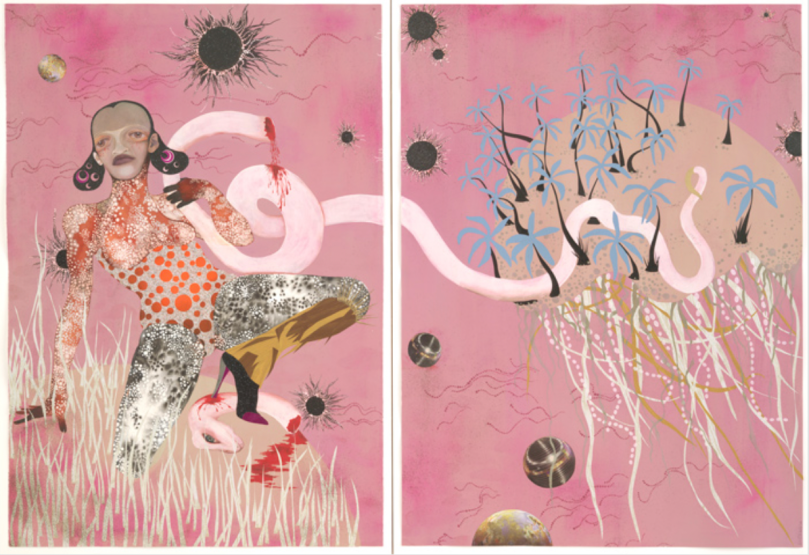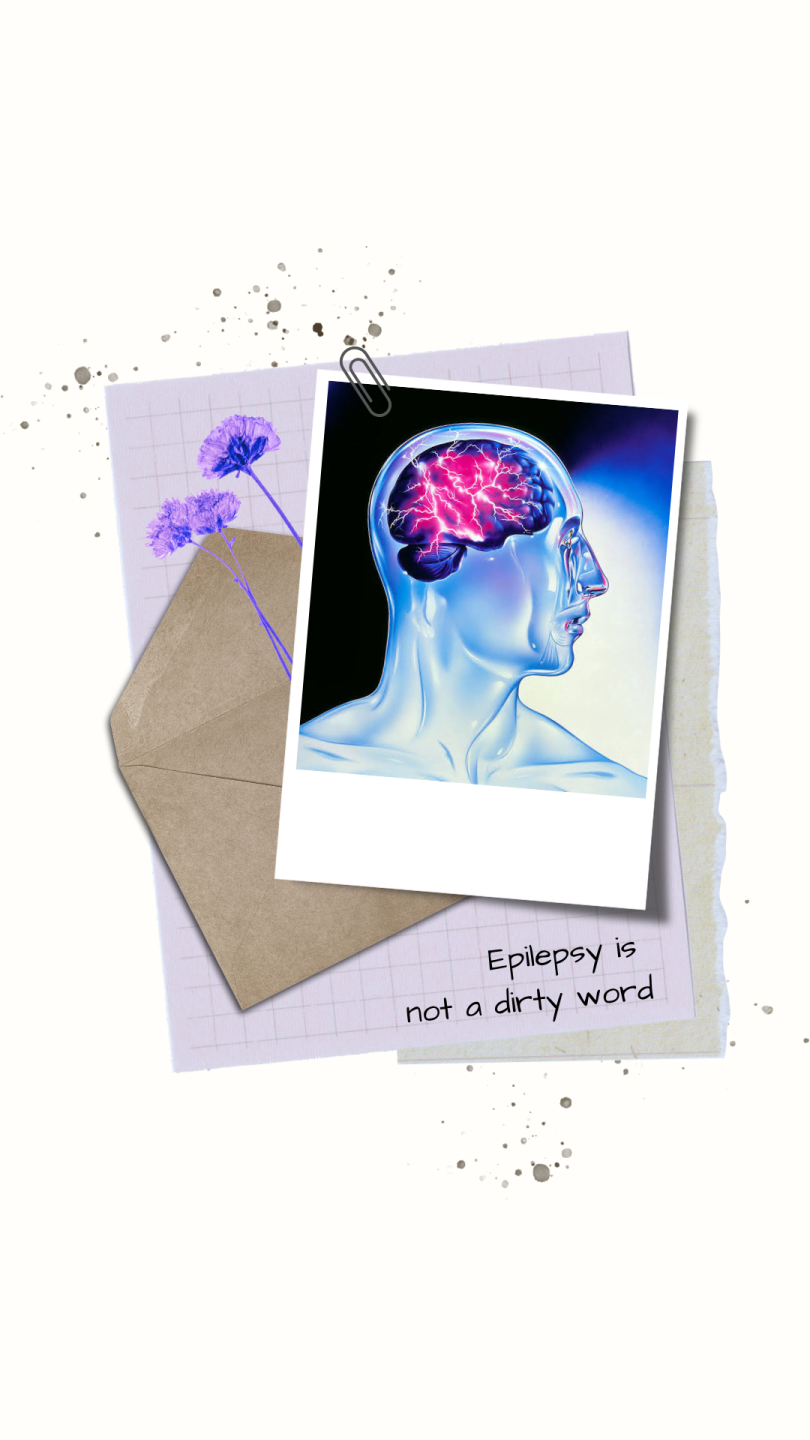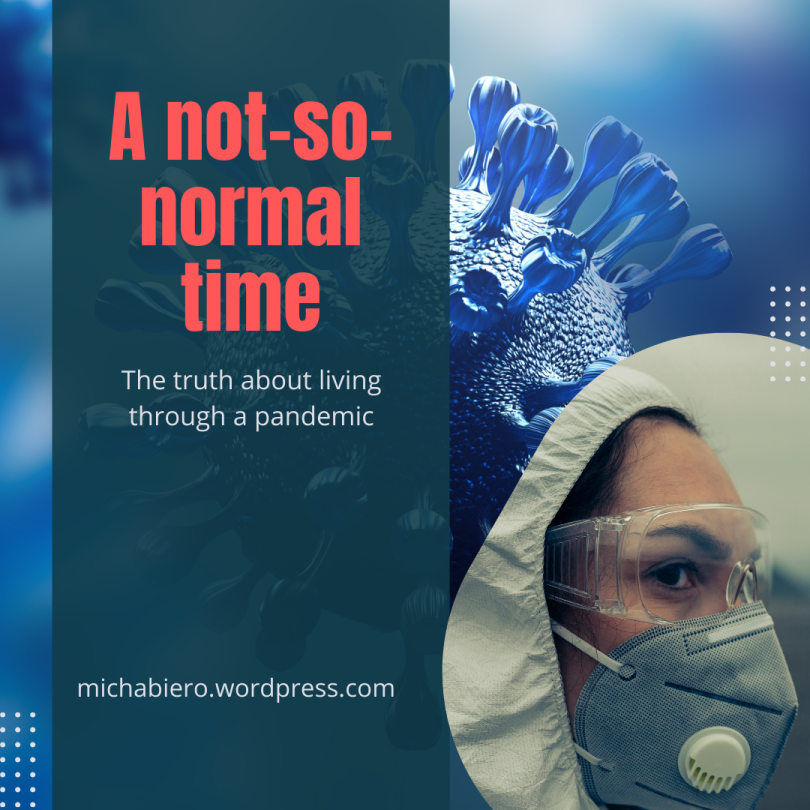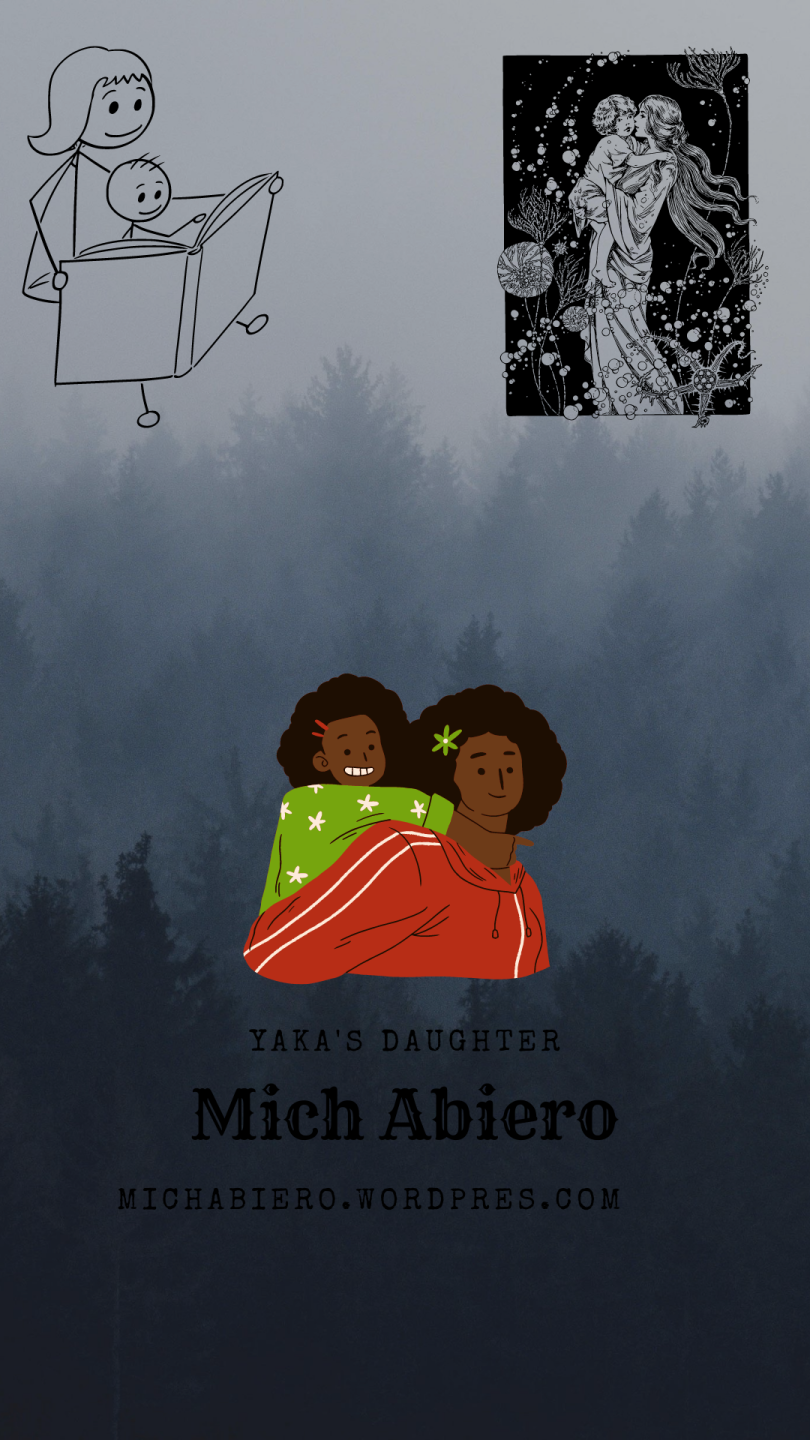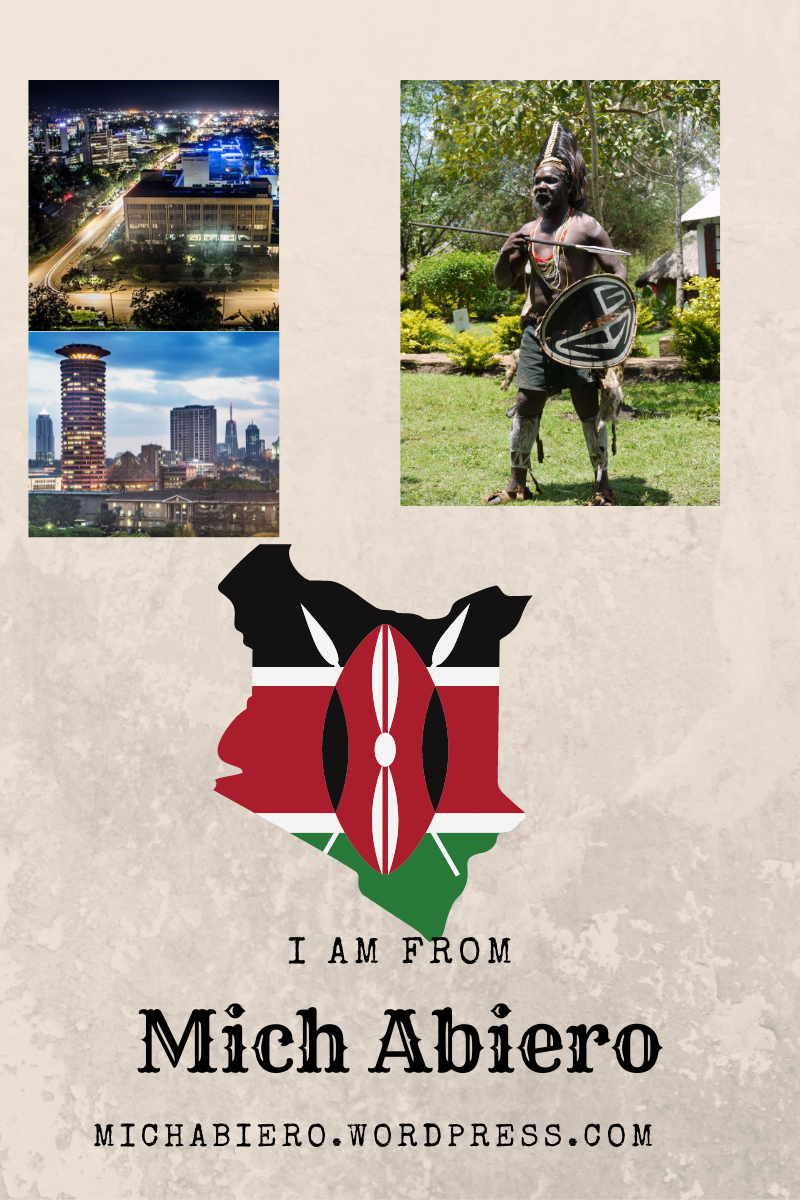The Victorian Era has been primarily depicted as repressed and sexually repressive. However, in his book, ‘The History of Sexuality,’ Michael Foucault believes that the Victorian Era was not sexually repressive but was obsessed with sex. They found new ways to have discourses around sex. People in the Victorian Era found new mechanisms to talk about sex. Foucault’s critical argument is that during the Victorian era, there was a transition from a prohibition of discussion of sex to a classification and classification, categorization, and medicalization of sexual behaviors and identities. He argues that this shift had profound implications for how individuals experienced and understood their sexuality and how society sought to regulate and control it.
Power and knowledge are deeply intertwined. Those in power decide what is considered normal or deviant behavior. Power has often been in the hands of the Christian church, which views men as inherently more powerful than women, requires women to be more submissive, and, to an extent, objectifies women. Additionally, this power means we view heterosexuality as the only default and anything other than that a deviation and, in the eyes of the church, as a “sin” or “workings of the devil.” Hence, to argue that discussions around sex were not repressed in the Victorian era or now is a fallacy. Sexual repression dictated how we can and cannot talk about sex. The impacts of sexual repression are felt till now. In the Victorian Era, virtue and virginity were synonymous. A woman who lost her virginity outside of marriage—regardless of the circumstances surrounding that loss–was ruined. This idea is alive in the form of purity culture, which upholds that a woman’s value, worth, and place are based on how she expresses herself sexually, implying “purity” is her only value. Despite the ease with which information flows, sex and sexuality are still discussed in hush tones. It is believed that the knowledge of sex and sexuality belongs to religious leaders. They have the power to bless a matrimonial union. They dictate who can and cannot get married. Due to the secrecy around sex, many youth learn about sex from their peers or pornographic content, which are unreliable sources. Teenagers are often exposed to violent and coercive pornographic material, which often misses critical points of sex, such as consent.
I have many qualms with the Kenyan education system, and one of them is the sex education or lack thereof. One of the few times sex and reproduction were brought up is in the Class 6 Science textbook, where we spent most of it understanding the biological functions of sexual organs. This topic has been viewed as a taboo and has been left to those in power. While we might want to believe those in power are looking out for the children’s well-being, this is not always the case. The way some of my teachers talked to us about sex was borderline traumatic, and I do not use this word lightly. There was a significant emphasis on staying pure, and the main reason to stay pure was not because of the love you have for your religion but rather your future husband. Euphemisms such as “broken goods” were used to refer to women suspected of engaging in premarital sex. This is what would be referred to as purity culture. Purity culture is a set of beliefs, norms, and practices that emphasize maintaining sexual purity and chastity, often within a religious or cultural context. It typically revolves around the importance of abstinence before marriage and promotes conservative attitudes toward sex and sexuality. Purity culture significantly emphasizes traditional gender roles and expectations, particularly regarding women and their behavior.
The implications of purity culture include considerable pressure on women to behave in a certain way to be desired within the workings of the patriarchy due to the power imbalance between men and women in sex. At the same time, we have found new ways to discuss sex. The euphemisms we use to have discourses around sex are inherently harmful to cishet heterosexual women. Examples include “no one wants to drive a car with high mileage” or “Who will purchase a cow if you can get the milk for free.” These comparisons drive one point home: one must remain chaste until marriage. However, society does not judge men harshly for engaging in sex before marriage, and this is due to their power. Purity culture has tainted sex as purely transactional, something women do not gain much from compared to men.
The need to stay chaste also meant refraining from making men “stumble.” Crop tops and shorts on barely prepubescent bodies made grown men “stumble” instead of the church holding young boys and men accountable. The responsibility was shifted to girls and women. How we dress and behave has been scrutinized to ensure men do not “stumble” and to ensure we stay chaste. Our worth is derived from whether we are pure or not. These ideologies are harmful. Purity culture fails to address consent and treats victims of sexual assault as perpetrators of a sin. Sexual assault is an intricate matter as is; adding the complexity of purity culture intensifies victim-blaming.
Purity culture is alive and well. Until we start having candid discussions around sex and sexuality, without euphemisms or weird analogies, it shall continue to live on, and we shall continue to feel its ravages.


